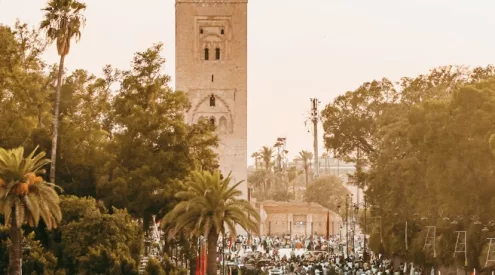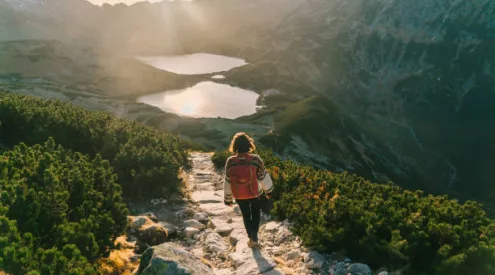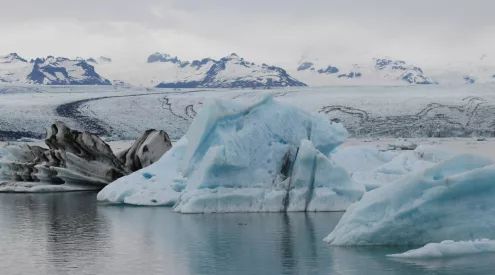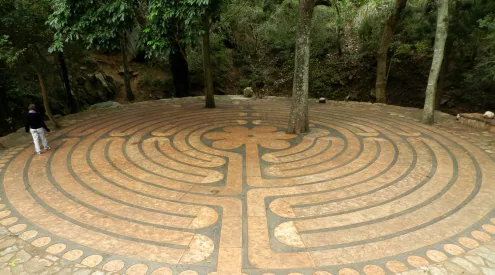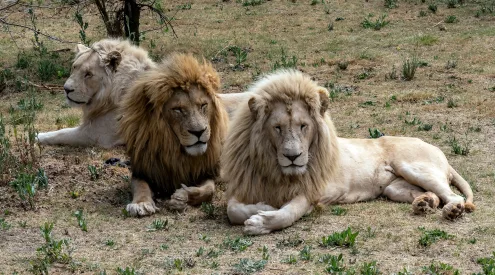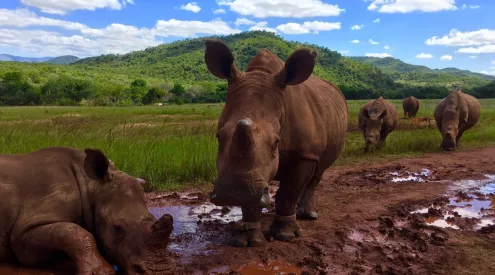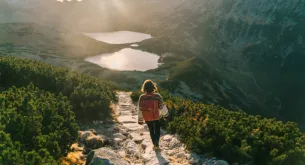Jock Safari Lodge has formed an official long term partnership with the Wilderness Foundation Africa (WFA) to further conservation education and youth development within the broader community of the Kruger National Park (KNP).

Louis Strauss, the General Manager & Director of Jock Safari Lodge, said: ‘We are extremely honoured and excited about the new prospects and possibilities that this partnership brings, which will enable us to have a greater impact in engaging with, and including those that can work alongside us to preserve this rich landscape that we are so passionate about.’
With a 48-year track record, the Wilderness Foundation Africa sets out to protect and sustain wildlife and wilderness through integrated conservation and education programmes. These range from anti-poaching and large landscape wilderness management, to developing young leaders from disadvantaged communities for a career in conservation, to interlink and close the circle between the cornerstones of the WFA, namely species, spaces and people.
Jock Safari Lodge has made a life-long commitment to continuous investment in the WFA projects, that will this year, be launched with a R400,000 injection in two key intervention programmes to be rolled out as part of the Jock/WFA partnership.
The Siyazenzela leadership and employability skills training programme is aimed at previously disadvantaged youth (between the ages of 18 and 26). Siyazenzela (meaning ‘We are doing it for ourselves’) training courses are run as a four-week short term project with facilitation in focus areas such as Emotional & Social Wellness; Occupational & Financial Wellness; and Physical & Environmental Wellness. Participants gain job preparedness skills and are provided with job shadowing opportunities. Upon graduation, they are enrolled into a resilience support programme that ensures that they stay connected to the programme for peer mentoring purposes, monitoring and psycho-social support.
The second programme, known as the Imbewu Wilderness Trails, aims to connect youth to their cultural-environmental heritage. The trails draw attention to the resilient and healing power of nature for personal and social transformation. This often leads students to make life-changing choices and lifestyle changes that equip vulnerable youth to be economically active and environmentally responsible citizens.
Image: Supplied


